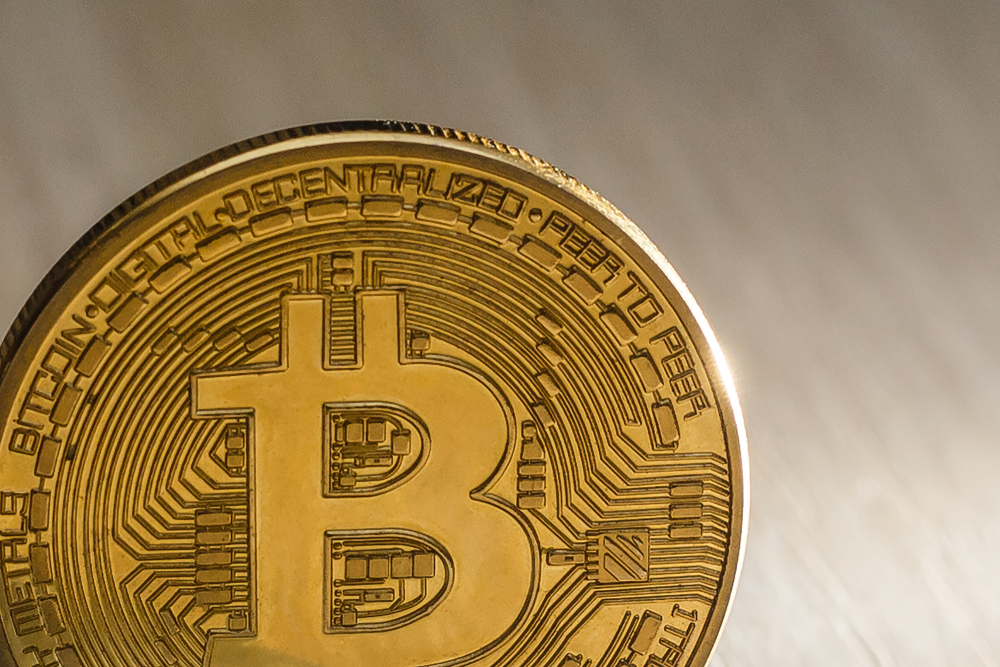Cryptocurrency Will Bring Us More Freedom – Right?

Cryptocurrency can influence the future of freedom. | Source: Shutterstock
By CCN.com: A recent article in Fast Company got me thinking. The article talks about how Bitcoin and other cryptocurrencies (particularly Dash, which the article doesn’t mention) have helped Venezuelans deal with insane inflation and the problem of liquidity.
The piece says:
Many of us take for granted that we can use our money privately, without fear of reprisal or compromising our prospects. Evidence suggests that for many this may not long be the case. Those intent on social control see the shift to digital money as an opportunity to tighten their grip on civic life and close off financial systems. Even actors without ill intent, once armed with such visibility into people’s financial lives, will likely struggle to wield such power with respect for democratic norms. Put simply, without cryptocurrency, a cashless society is a surveillance society–it enables central control over all aspects of our financial lives.
Unrestricted Blockchains Might Let Government Regulators Off The Leash
As the author points out, even in advanced and supposedly free Western countries, financial freedom is likely to be reduced once cashlessness becomes the norm. Concerning Bitcoin, there are several companies dedicated to tracing the blockchain for government interlocutors.
The very word “Chainalysis” can send a chill down the backs of many cryptonaughts. On the surface, it seems the antithesis to Bitcoin in and of itself: what you do with your Bitcoin is your business; what I do with mine is my business.
However, the transparency of the blockchain is a necessary component for consensus. Gradually, methods of obfuscation such as CoinJoin have come about. These still pale in comparison to the privacy offered by blockchains like Monero.
Bitcoin may continue to be the most liquid of the crypto markets. But the most fungible and least subject to existential fungibility attacks will be the coins with the most opaque transactional modes. Monero, Zcash, Beam: all of these coins are pioneering the idea that money truly only belongs to the person who holds it, and what they do with it is between the sender and the receiver.
If We Are All Satoshi, Then We Will All Be To Blame
Just as Albert Einstein’s urging contributed to the bombing of Hiroshima and Nagasaki , the work of blockchain pioneers and advocates may serve to make some people less free.
Just as Einstein wasn’t truly responsible for the actions of the government, blockchain developers can’t be held accountable for what governments do with their software. That would be a moral overstep.
Nevertheless, it’s true that the emergence of centralized blockchains, such as stablecoins and “bank chains,” may serve to do the opposite of what decentralized cryptocurrency is intended to do. People may wind up with less financial freedom and privacy than they previously had.
Fortunately, governments are still adapting to the blockchainization of all things. Thus far, only the rogue states of Iran and Venezuela have fully implemented cryptocurrencies, with limited success.
The article concludes, in part:
Cryptocurrency offers a framework for digital money–much like cash–that can protect people from the abuses and tragedies that have played out through history, right up to the present-day catastrophe in Venezuela. It creates the anti-surveillance benefits of cash without sacrificing the parts of the modern economy that exist solely on the web.
Again, all true.
Choose Freedom
We can’t discount the cunning nature of authoritarians.
Crypto surveillance firms are likely to have more interest and investment – from governments and large corporations alike – than developers who work on solutions to thwart them. Therefore we as a community must think carefully about who and what we support.
Every transaction through a company like Coinbase, who recently bought a firm founded by unethical proto-fascists, helps propel a less-free vision of cryptocurrency than we originally had in mind.
But what can the average crypto user do?
Well, we can choose to make more use of the chains which are going the furthest to foster a more fungible future.
We can use Bitcoin solutions like Wasabi wallet which innately try to rectify the fundamental problem of excess transparency.
Additionally, we can speak or vote against communards, luddites, and bank-friendly hollow men who disregard our freedom in the name of “public interest” or personal gain.
More likely, though, all we can do is hope for the best.
Disclaimer: the views expressed in this article belong to the author alone and should not be attributed to CCN.com or its publisher.